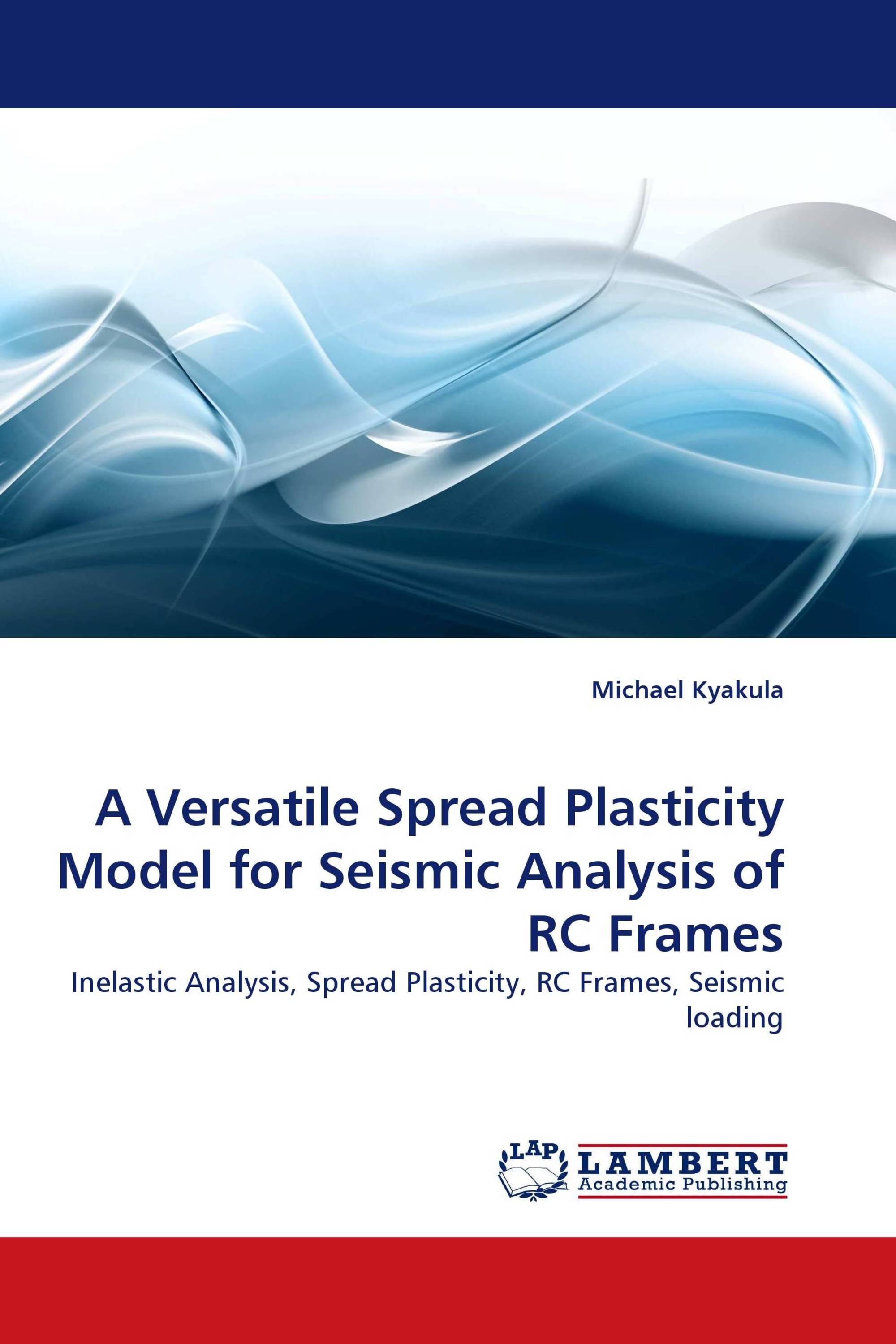A Versatile Spread Plasticity Model for Seismic Analysis of RC Frames
Inelastic Analysis, Spread Plasticity, RC Frames, Seismic loading
LAP Lambert Academic Publishing ( 2010-10-29 )
€ 79,00
Structures of normal importance undergo non-linear deformation during a design earthquake,how to model this non-linear behavior is the problem. The complexity and size of the problem in Finite element modeling limits its application in Time history analysis. Lumped plasticity Time history analysis models overlook the spread of plasticity leading to over estimates of maximum beam rotation and lateral displacement of the structure. Existing spread plasticity models ignore the effect of gravity loads, assume that yielding starts at beam-ends and yield zones of finite length spread inwards from there. The start of yielding and location of yield zones varies depending on earthquake to gravity load ratio, the distribution of steel at top and bottom, along the length of the member and the arching effect in the slab due to slab reinforcement. A versatile spread plasticity model that identifies yielding anywhere in the beam, accounts for spread plasticity, shift of contra- flexure point, and actual length of the yield zones is presented. It provides information for the researchers and Structural Engineers on RC framed structures under seismic loading
Book Details: |
|
|
ISBN-13: |
978-3-8433-5170-6 |
|
ISBN-10: |
3843351708 |
|
EAN: |
9783843351706 |
|
Book language: |
English |
|
By (author) : |
Michael Kyakula |
|
Number of pages: |
324 |
|
Published on: |
2010-10-29 |
|
Category: |
Building and environmental technology |




